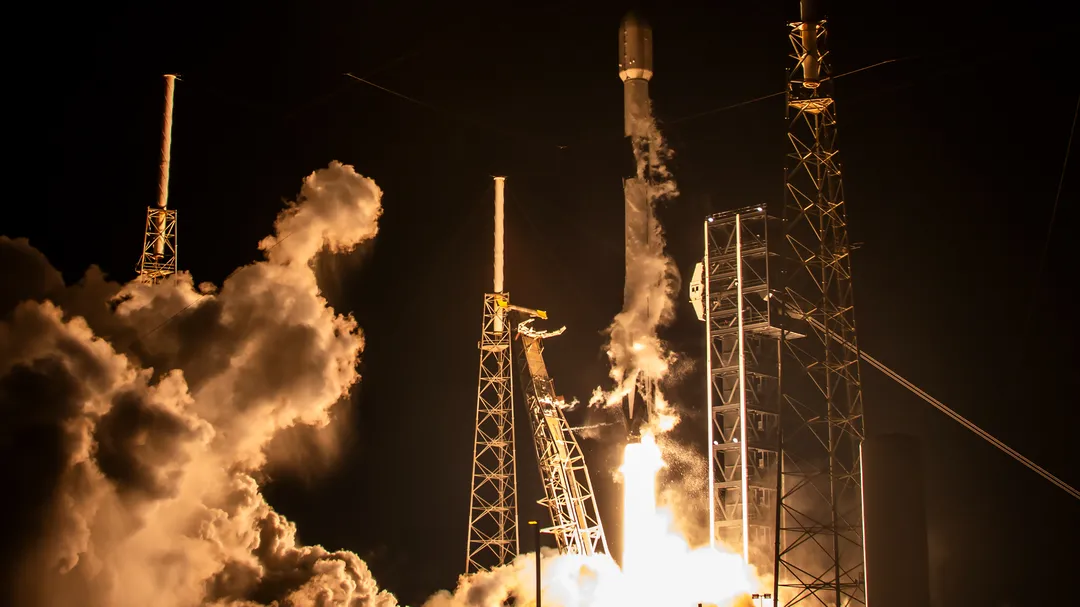
SpaceX Achieves Milestone with Starlink Launch on New Falcon 9 After Initial Abort
SpaceX marked a significant achievement with the successful launch of 23 Starlink satellites aboard a brand-new Falcon 9 rocket on May 20, 2025, at 11:19 p.m. EDT. This mission followed a last-minute abort on May 19, adding an element of suspense to the eventual triumph.
The initial launch attempt was scrubbed just minutes before liftoff due to an unspecified issue, causing the countdown clock to halt. Despite the setback, SpaceX quickly addressed the problem, demonstrating its commitment to rapid iteration and mission assurance. "Falcon 9 had an auto abort just prior to T-0," SpaceX stated, emphasizing the safety protocols in place. "Vehicle and payload are in good health and teams are resetting for a launch attempt no earlier than Tuesday, May 20."

The successful launch occurred from Cape Canaveral Space Force Station. Notably, the Falcon 9 booster, designated B1095, was making its maiden flight, an uncommon event given SpaceX's focus on reusability. Approximately eight minutes post-launch, the booster executed a flawless landing on the droneship "Just Read the Instructions," stationed in the Atlantic Ocean, marking its first-ever landing.
This mission, the 60th Falcon 9 flight of 2025 and the 43rd dedicated to Starlink deployment, highlights SpaceX's relentless pace in expanding its satellite constellation. Among the 23 satellites, 13 are equipped with direct-to-cellphone connectivity, a strategic move by SpaceX to potentially disrupt traditional telecom infrastructure.
The accomplishment underscores SpaceX's growing capabilities in both rocket manufacturing and operational efficiency. The rapid turnaround from Monday's abort to Tuesday's success showcased the company's resilience and problem-solving prowess.
This launch represents the fourth new booster introduced by SpaceX this year, adding to its fleet of 18 operational boosters. The continuous development and deployment of new boosters alongside the reuse of existing ones reflect SpaceX's multifaceted approach to space access.

What are your thoughts on SpaceX's ambitious Starlink expansion and its potential impact on global connectivity? Share your opinions and predictions in the comments below!